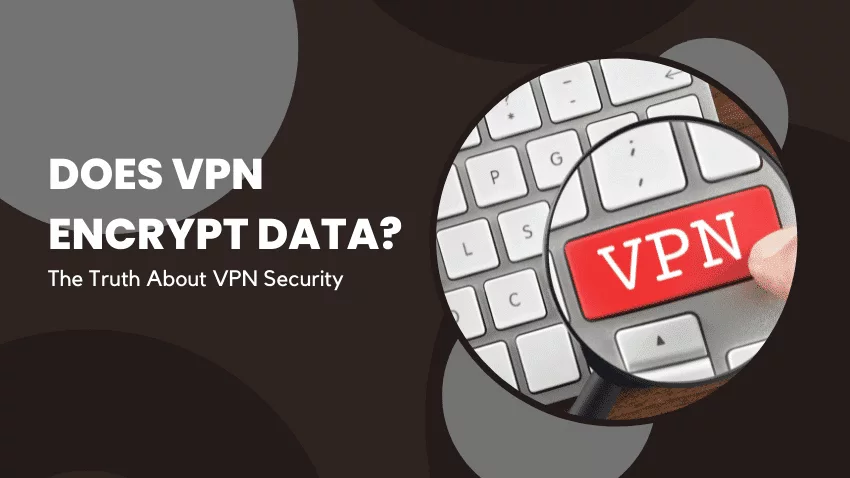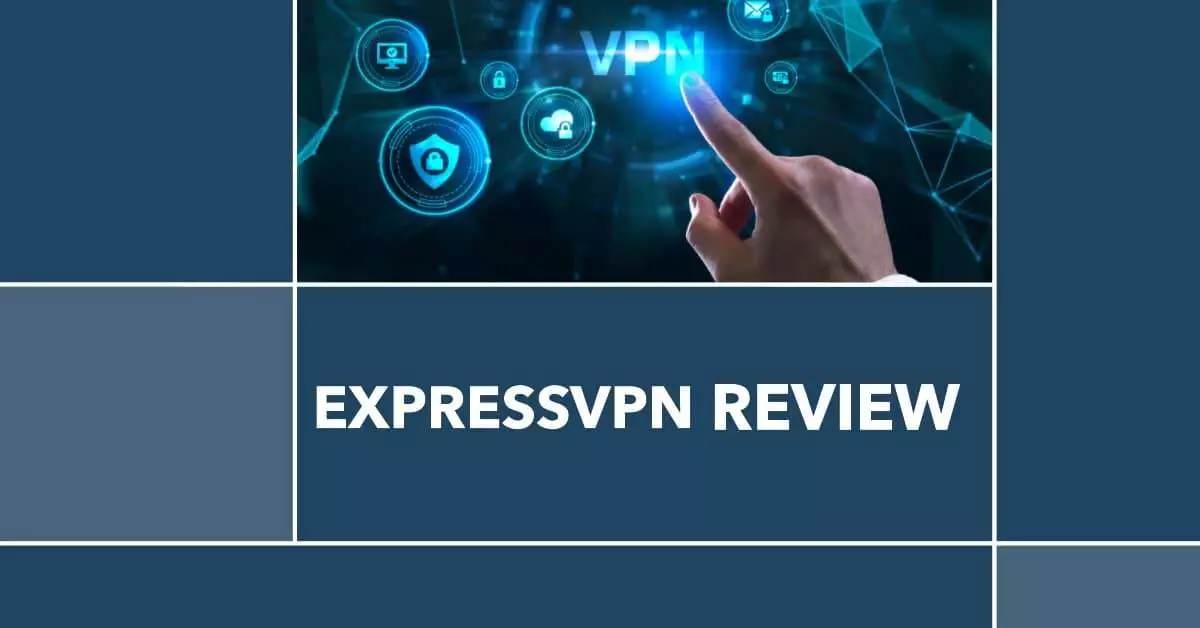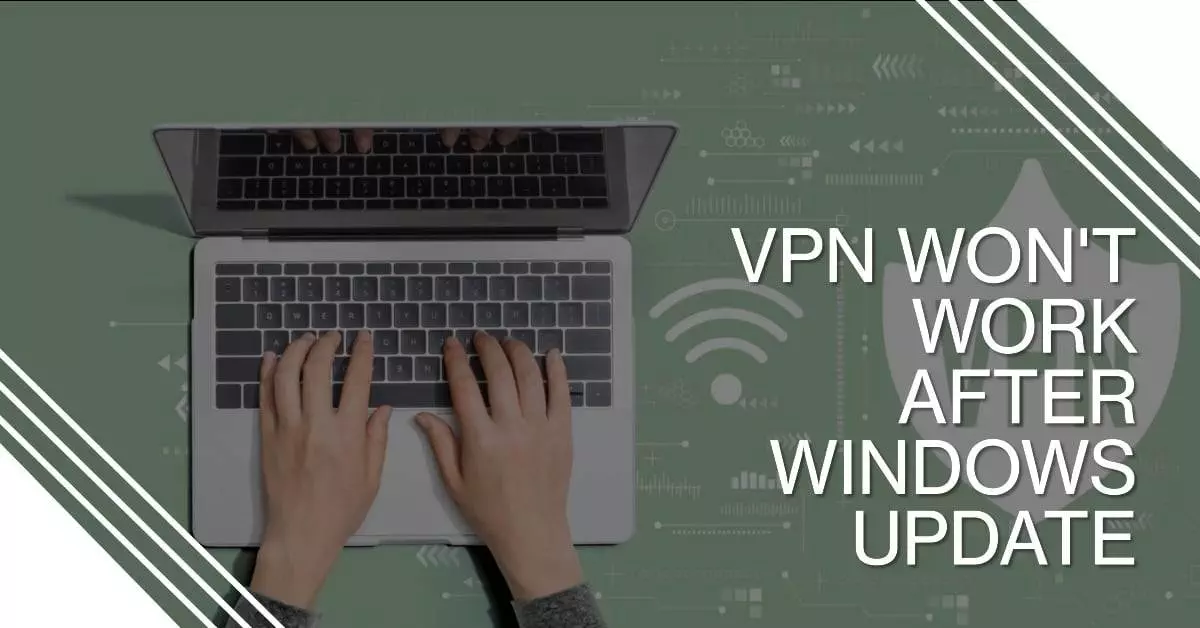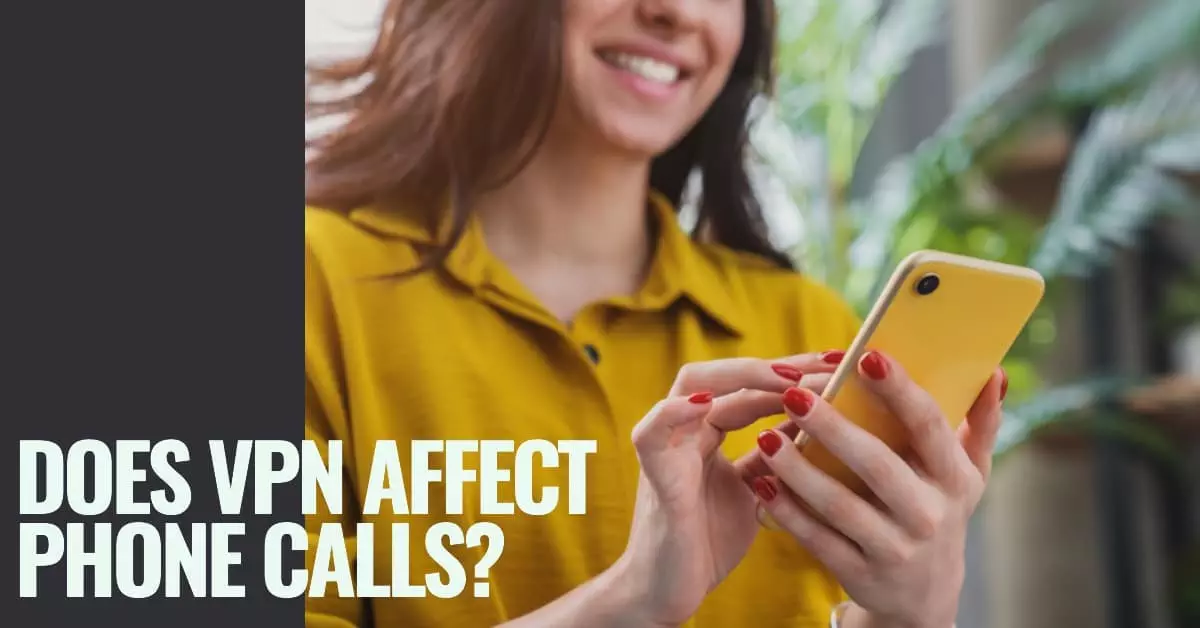A VPN, or virtual private network, is a great way to keep your private information well away from hackers and other prying eyes. By encrypting your data, a VPN keeps it hidden from anyone who might be trying to steal it.
But does VPN encryption actually work? And does a VPN really keep your data safe, especially when you’re away from home?
The quick answers to these questions are a resounding yes! A good VPN will encrypt your data, making it unreadable to anyone who doesn’t have the key. This means that even if someone does manage to get their hands on your data, they won’t be able to make sense of it.
In this article, we’ll explain how a good VPN will encrypt your data and keep it safe, no matter where you are. So if you’re looking for extra security for your online activities, a VPN is the solution you need!
What is VPN Encryption?
Encryption is the process of transforming readable data into an unreadable format. This is done using a mathematical algorithm, which makes it virtually impossible for anyone who does not have the key to decode the data.
Where VPNs are concerned, encryption is used to protect your data as it travels from your device to the VPN server. Once your data reaches the server, it is decrypted and sent on to its destination, ensuring that no one in between can read or tamper with it.
The encryption methods that a good VPN uses are often military-grade, making it virtually impossible for anyone to break through. However, it is important to note that even the best encryption can be defeated if someone has access to your device or the VPN server itself.
That’s why a good VPN will also use other security measures, such as hiding your IP address and providing a kill switch, to further protect your data.
How Does VPN Encryption Work?
Now that we know what encryption is and why it’s important for VPNs, let’s take a look at how it actually works.
As we mentioned before, encryption is done using a mathematical algorithm. This algorithm is known as a cipher, and there are many different types of cipher in use today.
The most common type of cipher used by VPNs is the Advanced Encryption Standard (AES). AES is a symmetric key cipher, which means that the same key is used to encrypt and decrypt the data.
AES ciphers come in three different sizes: 128-bit, 192-bit, and 256-bit. The size of the cipher is important, as it determines how strong the encryption is.
AES 128-bit ciphers are considered to be “strong” enough for most purposes, including protecting your data from hackers. However, if you’re looking for extra security, AES 192-bit and 256-bit ciphers are also available.
Additionally, a good VPN will use what’s known as a perfect forward secrecy (PFS) system. This means that even if someone does manage to decrypt your data, they will only be able to access it for a limited time.
After that, the encryption key will be automatically changed, rendering the decrypted data useless. This makes it impossible for anyone to decrypt your data, even if they have access to your device or the VPN server.
Why Do You Need a VPN?
Bypassing Government Restrictions
Especially if you live in a country with a strict stance on internet censorship, a VPN can be a lifesaver. By connecting to a server in another country, you can bypass government restrictions and access the internet freely.
Governments in countries such as China and Russia have been known to block certain websites and limit access to others. This can make it difficult or even impossible to access the information you need.
But with a VPN, you can connect to a server in another country and bypass these restrictions to access websites and services that would otherwise be unavailable, such as Facebook and Instagram.
Bypassing Streaming Restrictions
Streaming services such as Netflix have undoubtedly made our lives more convenient. However, they can also be frustrating when you try to watch a show that’s not available in your country.
Fortunately, a VPN can help with this as well. By connecting to a server in the country where the show is available, you can trick the streaming service into thinking you’re located there and gain access to the content.
Of course, this only works if the VPN you’re using can actually bypass the streaming service’s restrictions. Some VPNs are better at this than others, so it’s important to do your research before choosing one.
Keeping Your Data Safe from Hackers
One of the most important reasons to use a VPN is to prevent your personal data from being stolen by hackers. When you connect to the internet, your data is sent through a network of computers before it reaches its destination.
This makes it easy for hackers to intercept your data and use it for their own purposes, such as identity theft or fraud. But when you use a VPN, your data is encrypted before it leaves your device, making it much more difficult for hackers to steal it.
In addition, a VPN hides your IP address, which makes it even harder for hackers to track you down. By using a VPN, you can keep your data safe from hackers and other online threats.
Preventing Throttling
Certain ISPs have been known to throttle internet speeds for users who stream video or download large files. This can make it difficult to do things such as stream HD video or download software updates.
But when you use a VPN, your ISP can’t tell what you’re doing online, so they can’t throttle your speed and make your life more difficult.
A VPN can also help if you’re worried about your ISP selling your personal data. By encrypting your data and hiding your IP address, a VPN makes it much more difficult for ISPs to sell your data without your consent.
How Does a VPN Work?
A VPN, or virtual private network, is a type of security software that allows you to encrypt your online activity and data. When you connect to the internet through a VPN, your traffic is routed through an encrypted tunnel, making it virtually impossible for anyone to intercept your data, including your ISP, government agencies, and anyone else who might be snooping on your online activity.
In addition to encrypting your traffic, a VPN can also help to improve your online privacy by hiding your IP address from the websites you visit.
By disguising your IP address, a VPN makes it much harder for third parties to track your online activity and so it’s more difficult for them to target you with ads or collect your personal data.
What Encryption Methods Do VPNs Use?
When it comes to choosing a VPN, one of the most important factors to consider is the type of encryption the VPN uses. Triple DES, Blowfish, AES, Twofish, and RSA are all popular encryption methods, but each has its own advantages and disadvantages.
Triple-DES is one of the most secure encryption methods available, but it is also very slow. Blowfish is much faster than Triple-DES, but it is not as secure.
AES is a good compromise between speed and security, and it is the most popular encryption method used by VPNs. Twofish is similar to AES in terms of speed and security, but it is not as widely used. RSA is the most common encryption method used for VPNs, but it is not as secure as Triple DES or AES.
At the end of the day, the encryption method you choose should be based on your own needs and preferences. If security is your top priority, then you should choose an encryption method that offers the highest level of security, even if it is slower.
But if speed is more important to you, then you should choose an encryption method that is faster, even if it is less secure.
What Protocols Can a VPN Employ?
L2TP/IPsec
L2TP/IPsec is a popular VPN protocol that offers a good balance between security and speed. It uses the AES encryption algorithm and is thus very secure.
However, it does not offer perfect security, as it can be vulnerable to certain types of attacks. Nevertheless, it is still a good choice for most users.
OpenVPN
As one of the most popular VPN protocols, OpenVPN is very secure and can be used with a wide variety of encryption algorithms, including AES.
It is also quite fast and can be used on most devices. However, it is not as widely supported as some other protocols, such as L2TP/IPsec.
IKEv2
IKEv2 is known as one of the fastest VPN protocols, but it is also very secure. It uses the AES encryption algorithm and offers perfect forward secrecy.
However, not all devices can use IKEv2, so it may not be a good choice for everyone.
PPTP
PPTP is an older VPN protocol that is not as secure as some of the other protocols on this list.
It uses the weaker MPPE encryption algorithm and does not offer perfect forward secrecy. However, it is still a decent choice for most users.
SSTP
SSTP is a VPN protocol that is only available on Windows devices.
It uses the AES encryption algorithm and offers perfect forward secrecy. However, if you don’t use a device running Windows, then this protocol is not an option for you.
SSL/TLS
SSL/TLS is a protocol that is used by many websites to provide security and prevent eavesdropping. It can also be used to create a secure VPN connection.
However, this particular encryption method isn’t as popular on VPNs because it can be slower than some of the other options we’ve covered in this list.
Best VPNs for Solid Encryption of Your Data
A VPN is a great way to improve your online security and privacy, but it’s important to choose a reputable VPN provider. There are many free and paid VPNs available, so it’s important to do your research before choosing one.
Luckily for you, we’ve already done the hard work and compiled a list of the best VPNs for data encryption:
Final Thoughts on Does VPN Encrypt Data
A VPN is a great way to improve your online security and privacy, and know you know that a good VPN will encrypt your data, keeping it safe from prying eyes.
When choosing a VPN, be sure to consider the encryption method used, as well as the protocol employed. And finally, make sure to choose a reputable VPN provider to ensure that your data is in good hands!
FAQs
Do VPNs Slow Down Connections?
VPNs are great for improving your online privacy and security, but they can sometimes slow down your connection. This is usually due to the fact that VPNs encrypt and reroute your traffic through their servers, which takes time.
However, a slight reduction in speed is a small price to pay for the increased security and privacy that a VPN provides. If you’re concerned about speed, you can always choose a faster VPN protocol (like OpenVPN) or connect to a server that’s closer to your location.
Does a VPN Make Online Users Anonymous?
One of the best things about VPNs is that they’re the perfect tool for achieving online anonymity. By encrypting your traffic and hiding your IP address, a VPN makes it virtually impossible for anyone to track your online activities.
Of course, no one is completely anonymous on the internet. But with a VPN, it’s much harder for anyone to figure out who you are or what you’re doing online.
Can VPNs Change Your Location?
Yes, they can. By connecting to a VPN server in another country, you can change your IP address and “pretend” to be located in that country. This is useful for accessing geo-blocked content or bypassing government censorship.
For example, if you’re in China and want to access Facebook, you can connect to a VPN server in the US and access the site without any restrictions. Similarly, if you’re in Iran and want to watch YouTube, you can connect to a VPN server in Europe or another country where the site is available.
Are There Trade-Offs to Using a VPN Service?
Overall, VPNs are a great way to improve your online security and privacy. But like with anything else, there are potential trade-offs that you should be aware of.
For example, some VPNs keep logs of user data, which defeats the purpose of using a VPN in the first place. Additionally, some VPNs can be slow and unreliable, especially if you’re connecting to a server that’s far away from your location.
That’s why it’s important to do your research before choosing a VPN service. Make sure to read reviews and look for a VPN that’s known for its speed and reliability.




Leave a Reply